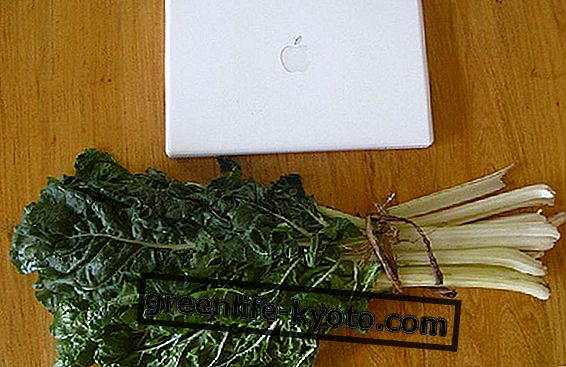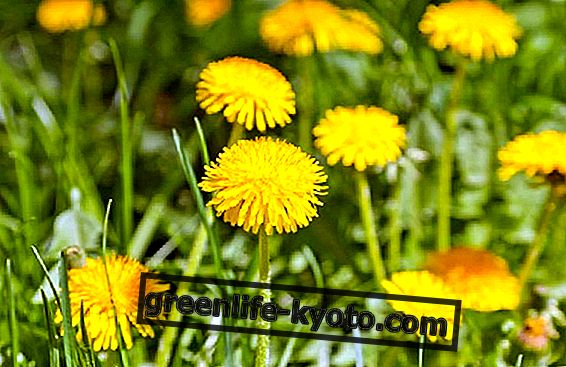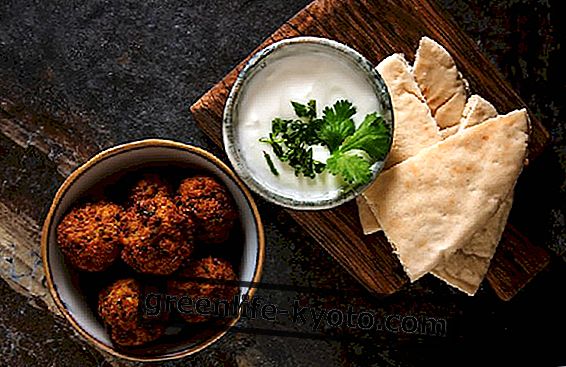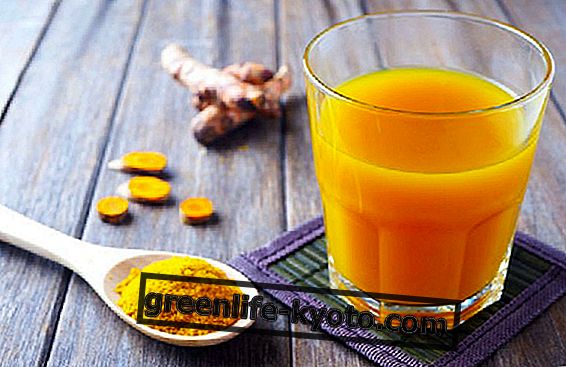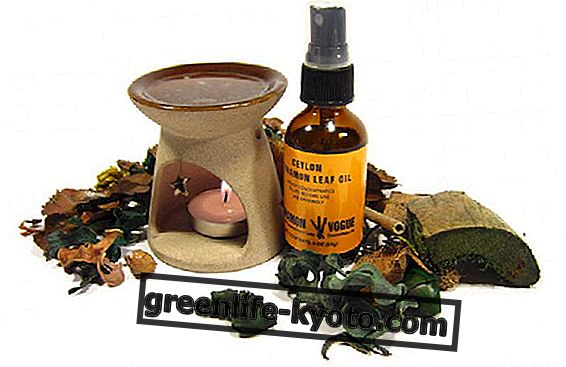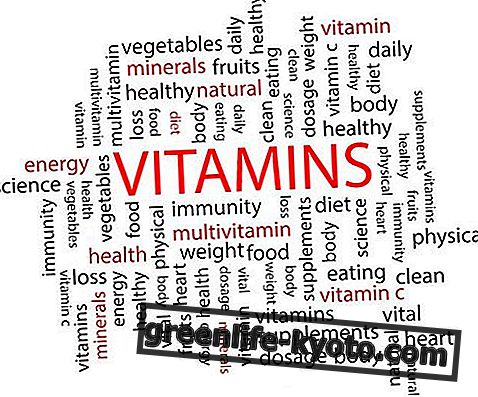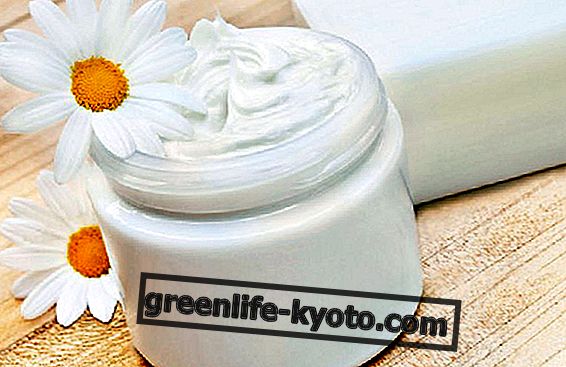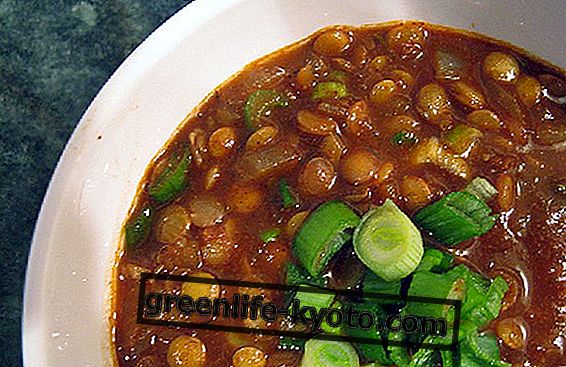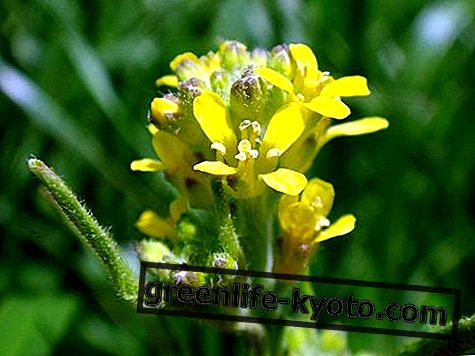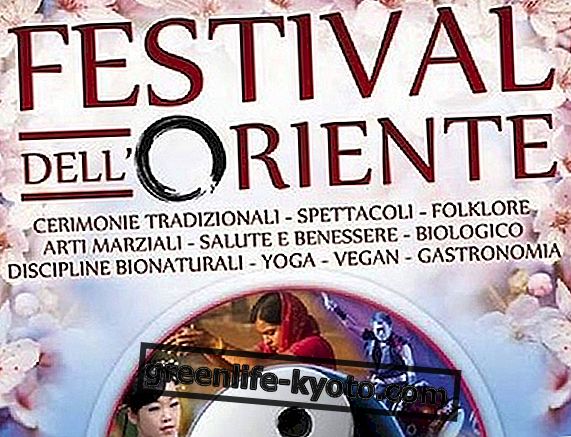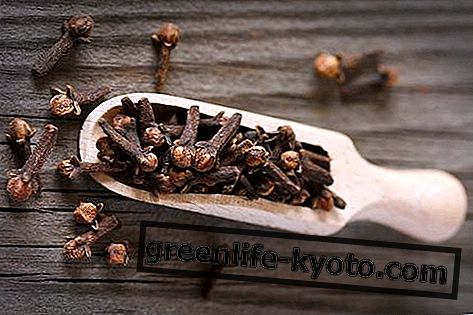Tachycardia is caused by an accelerated or irregular heart rhythm. Find out what are the causes, symptoms, how to diagnose and treat tachycardia.
The heart goes crazy, it beats in the chest more than it should and is not for love. We talk about sinus tachycardia when the heart rate exceeds one hundred beats per minute. Let's find out better.
>
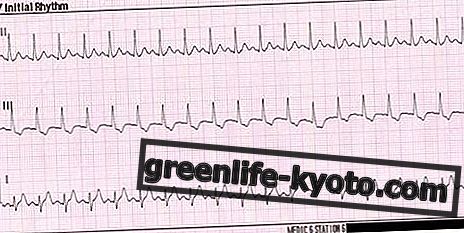
Symptoms of tachycardia
The tachycardia can appear suddenly and the first symptom that is felt is just an acceleration of the heartbeat with the feeling of not being able to control it.
Generally the problem lasts for a few minutes but there are also cases in which the tachycardia is felt for hours or days. Often, this main symptom is flanked by others, such as dizziness, fainting, hypotension and, in rare cases, epileptic seizures. These phenomena can disappear with the same speed with which they occur.
Causes
The increase in heart rate can be caused by many factors : physical exertion, fever, in the digestive phase, when one is subjected to states of anxiety, stress or after an episode that triggers a general sense of fear. Taking medications, caffeine, alcoholic beverages can be an additional factor that facilitates episodes of tachycardia. Then there are pathological tachycardias whereby the increase in heart rate is due to other disorders such as anemia, hyperthyroidism, heart problems.
From a general point of view, numerous pulsations are equivalent to a considerable reduction in life expectancy : it has been seen that the risk of unfortunate events is 3 times higher in people with a heart rate steadily between 90 and 99 beats per minute compared to who has 60.
Diagnosis
To make a correct diagnosis, we start by studying the symptoms first . However, it will only be an electrocardiographic investigation that can identify the pathology with certainty.
NATURAL CARE AGAINST TACHYCARDIA
Feeding in case of tachycardia
Prefer a vegetarian-oriented diet, supplemented with adequate consumption of cereals and organic white meat . Bring to the table bread, pasta and rice, but also lettuce, radicchio, onion, garlic and fresh cheeses, boiled eggs, hot fresh milk and sweet fruit such as peaches and nectarines; these are foods that help relax the body and "capture" sleep, in fact they contain tryptophan, an amino acid that promotes the synthesis of serotonin, the neuromediator of wellness and the brain neurotransmitter that stimulates relaxation.
Avoid, especially in the evening, foods and beverages such as chocolate, cocoa, coffee and tea due to the presence of caffeine, in addition to spirits that induce a bad quality sleep with awakening early in the morning.
Herbal remedies
A good habit is to drink a hot infusion before going to bed (excellent chamomile, lemon balm and lime flowers ). Among the other remedies, try inserting a pillow filled with lavender under the pillow.
Fluid extracts of hawthorn ( Crataegus oxycantha ) are commonly used in the dose of 15-20 drops, 2 or 3 times a day, between meals. In subjects who are restless or subjected to prolonged stress, the fluid extract of passionflower is used instead in drops (15 drops, diluted in a little water, 3 times a day, away from meals).
You can learn more about all the natural ailments and remedies for the heart

Bach flowers for tachycardia
Bach flowers can have a very positive effect compared to the removal of some negative moods that affect the quality of sleep. In case of insomnia from states of anxiety is effective Aspen (poplar).
Cherry plum (visciola): it is useful for those who constantly live under control and are afraid of letting go, of releasing nervous tension.
Clematis (clematis) for those whose mind is crowded with disturbing sensations and thoughts.
Traditional Chinese medicine and tachycardia
In traditional Chinese medicine, each organ of the body has a psychic content, which means that we also store mental energies within the body. Tachycardia is often linked to energy imbalances, intoxications and poorly functioning organs that damage mental energy. In addition to the Liver meridians, it is useful to treat those of the Heart and Spleen .
Acupuncture mobilizes the qi, the energy of the Liver, and reassures the shen, through work on these points:
- SHEN MEN (on the wrist crossbar), which tones and regulates the cardial qi ;
- XING JIAN (between the big toe and the second toe), which tones and regulates the Liver, and cools the Blood;
- FENG LONG (between the lower edge of the kneecap and the vertex of the external malleolus), which dissolves moisture, mobilizes the qi of the Spleen and Stomach, calms the shen and favors the descent of the yang .
- TAI XI (between the apex of the internal malleolus and the Achilles tendon) tones and regulates renal qi and purifies heat.
- TAI CHONG (on the back of the foot, in the depression between the I and II metatarsus), which regulates and cools the blood.
In cases of tachycardia, especially if linked to emotional states, Chinese phytotherapy is also used a lot.
Essential oils
Jasmine essential oil is excellent, obtained by steam distillation or enflorage of the dried jasmine flowers, with a sedative effect on the nervous system, used against tension, stress and anxiety.
The essential oil of chamomile gives general stability and leaves negative thoughts and turbulence of the soul outside the sheets.
The essential oil of marjoram relaxes the anxious, unstable individual, always struggling with a marked rationality.
Homeopathy
The presence of disorders in heart rhythm requires a cardiological instrumental cliché evaluation.
The homeopath can then recommend various homeopathic preparations: Ignatia 15 CH (5 granules, 2 times a day), especially if the cardiac acceleration follows an emotion; Lachesis 9 CH (5 granules, 2 times a day), in case of palpitations with hot flushes in menopause, or Lycopus virginicus 5 CH (5 granules as needed, repeated in conjunction with palpitations).
Exercises
With any discipline you approach, it is important to be gradual and intensify your training over time and improve your sports performance.
